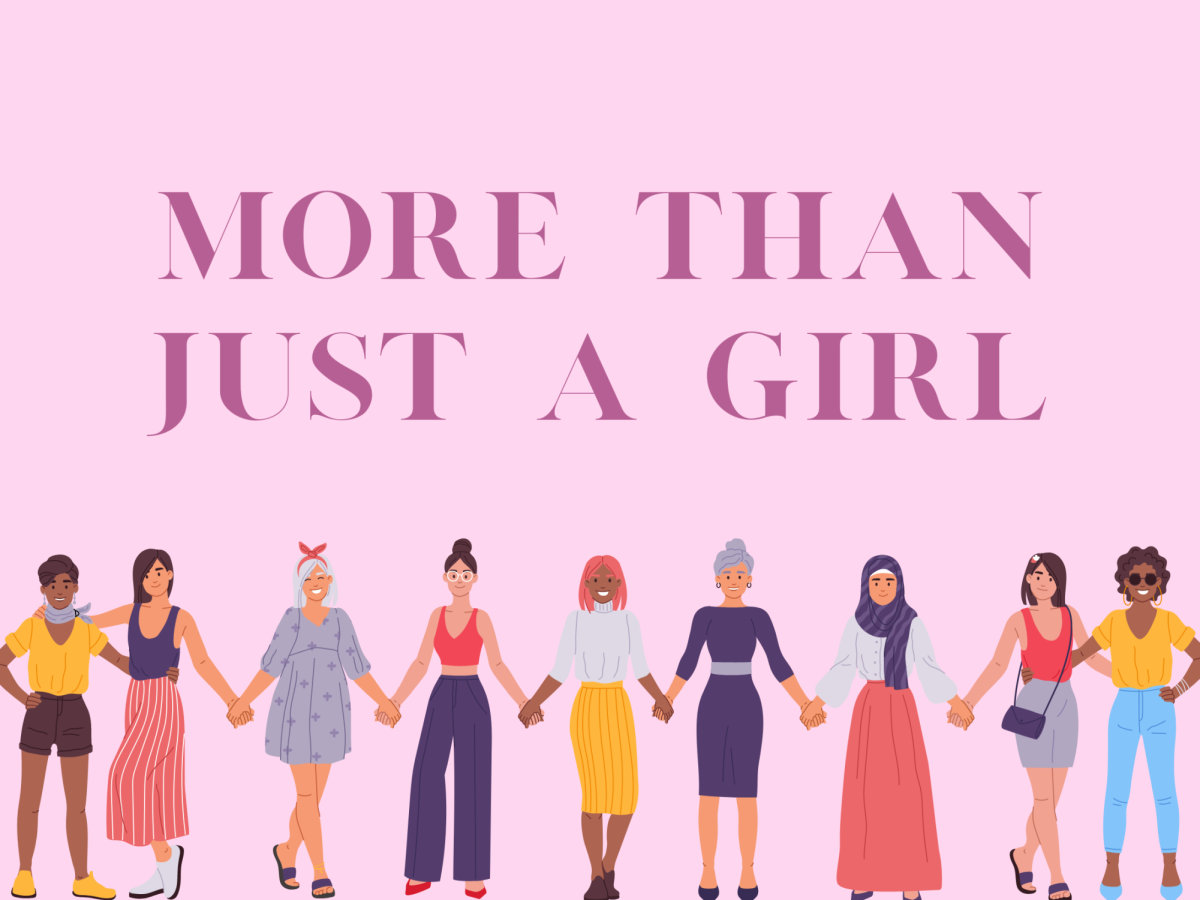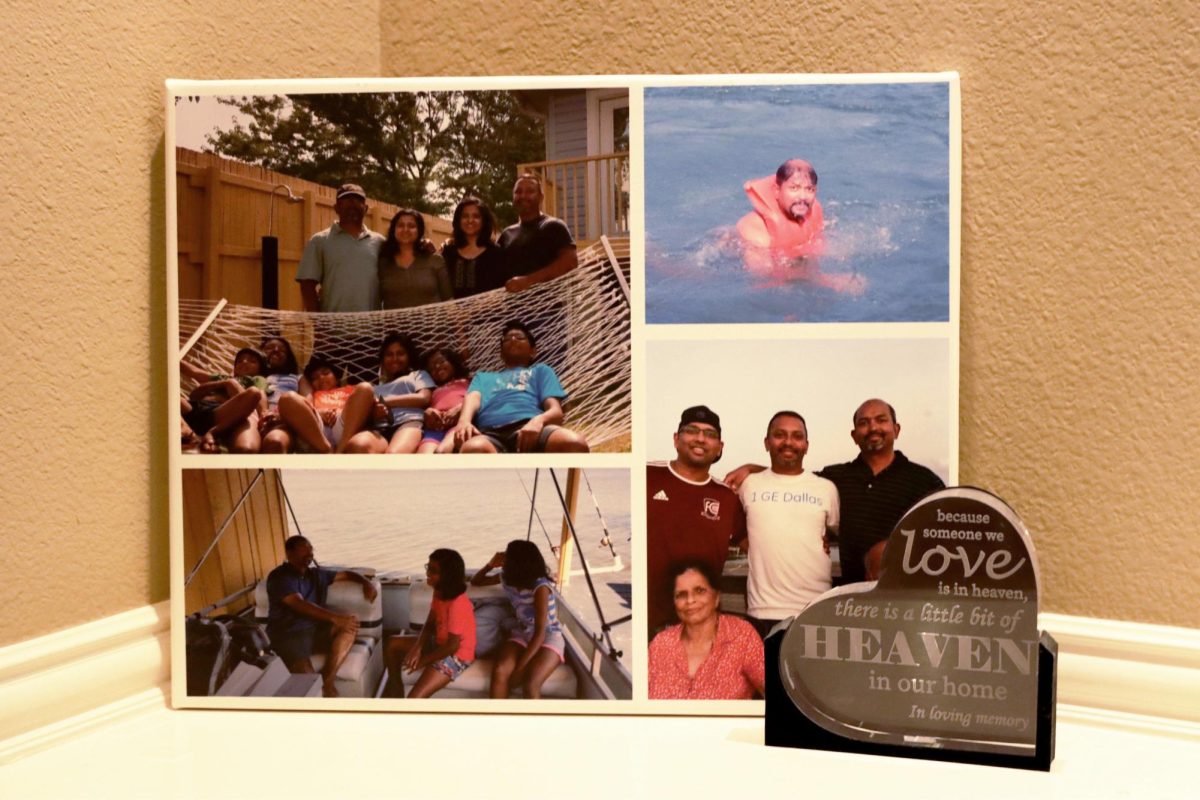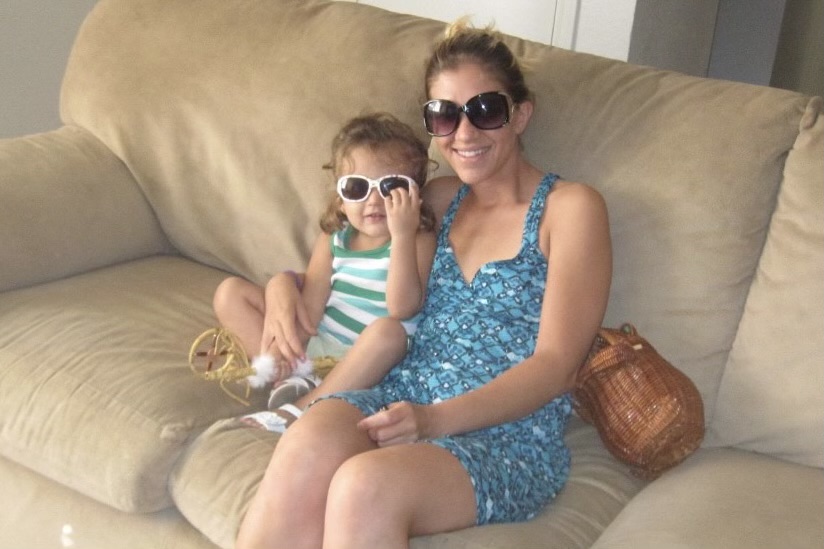I remember it all too well. The pointing, the disgusted looks, the whispers – all from those whom it hardly concerned.
It was sixth grade – my most awkward year – and I had worn my first bra to school. It was my first “big girl” bra. I was so excited. I even picked out the color, nothing too raunchy because my mother had to approve. I felt as if I was finally becoming a real woman – just like my mother, my grandmother and the women before them.
However, the light colored fabric was visible through my uniform’s shirt. My classmates, particularly the male ones, were made aware of what I was wearing: a piece of clothing normal for any girl to wear. I expected my classmates to think I was “mature” and “cool.” Instead, I was met with snide, vulgar insults that all had the same connotation – I was being “too risque” for wearing such a thing to school, according to sixth grade standards and their boyish mindsets.
This was the earliest account of misogyny I experienced, at just 12 years old, from my own peers. Now, at 18, I carry that humiliating experience with me, despite it being so long ago.
That same unpleasant feeling came back while watching the 81st Golden Globes Awards with my mother a few weeks ago. I expected a glamorous award show with our favorite films of the year sweeping the categories, paired with comical jokes from the host. Instead, the show’s host, comedian Jo Koy, created an entire monologue based on tone deaf jokes and subtle misogyny, most notably insulting women such as singer Taylor Swift, director Greta Gerwig and actress Margot Robbie, all of whom were nominated for a Golden Globe in respective categories.
Swift was targeted for her appearances in the stands at her boyfriend, Travis Kelce’s, football games. Media began to swarm her at games, obsessing over the couple’s private life and debating whether she would be present at future games or not – completely unwarranted by Swift. Meanwhile, Gerwig directed and wrote “Barbie,” which became the biggest debut ever for a film directed by a woman. The movie was centered around womanhood and struggling with femininity in a male-dominated world. While the movie received praise for its meaningful message, others felt it was “anti-man” or too “woke.” Koy only fueled the fire for those misogynistic critics with his careless monologue.
Instead of taking accountability for his actions and words after the show received poor reception, Koy insisted the jokes fell flat due to the writing team not being assembled until eight days before the ceremony. He went on to say that he met with them for the first time the day before the monologue was supposed to be turned in, and made the final product that day without further review.
Social media users know the script all too well. A person “apologizes” for their harmful actions, which, nine times out of 10, is a blatant excuse. Then, social media has a frenzy about how absurd their reasoning was, and life moves on. Like all drama, it becomes old news, overtaken by bigger, juicier “gossip.”
However, it isn’t old news – at least, not for women. Misogyny is still present in our lives, whether it is subtle or flagrant. Whether it be from men or fellow women, it is consistently present, even in the modern, progressive society we live in today. My experience as a child is one of the many I unfortunately had to deal with simply because of my gender – something I have no control over.
The Golden Globes incident was a public example of misogyny; however, not all of them are so public, often occurring behind closed doors in the workplace, education system and society as a whole. Snide remarks, jokes, stereotypes and harassment – misogyny is misogyny, just presented in different variations. Without the innovative minds of women such as author Jane Austen, nurse Florence Nightingale or civil rights activist Rosa Parks, history would be much different.
Just this past weekend alone at The 66th Annual Grammy Awards, seven out of the eight nominees for Record of the Year and Album of the Year were women. Both of which were won, respectively, by Miley Cyrus and Taylor Swift. Women are more than mothers, wives and sisters – they are leaders, innovators and pioneers.
In a male-dominated world, women have always been standing in the shadows of success, overlooked and underestimated by others. Whether it be how they dress, act or present themselves, every action and word is critiqued. Even in the year 2024, that sentiment still remains.
Society needs to take a step back and acknowledge how much women truly bring to the table. Women are more than just the butt of a joke in a comedic monologue; they are essential to the world.











Bela • Feb 15, 2024 at 2:22 PM
I really really loved this, thank you so much for writing it!!
Dr. Kathleen Holley • Feb 10, 2024 at 6:05 AM
I am very familiar with gender bias. I was a chemistry major in the late 70s, when “women didn’t do science”, according to many university faculty members. More than once, I got some version of, “What’s a nice girl like you doing in our chemistry program? Why don’t you study biology?” (like other women interested in studying science), Fifteen years after I graduated college, I was told by a principal that I would “never be assigned to teach physics as long as he had a man to teach that course”. I’m glad that, today, this is less of an obstacle for women in science, but it has yet to stop completely.